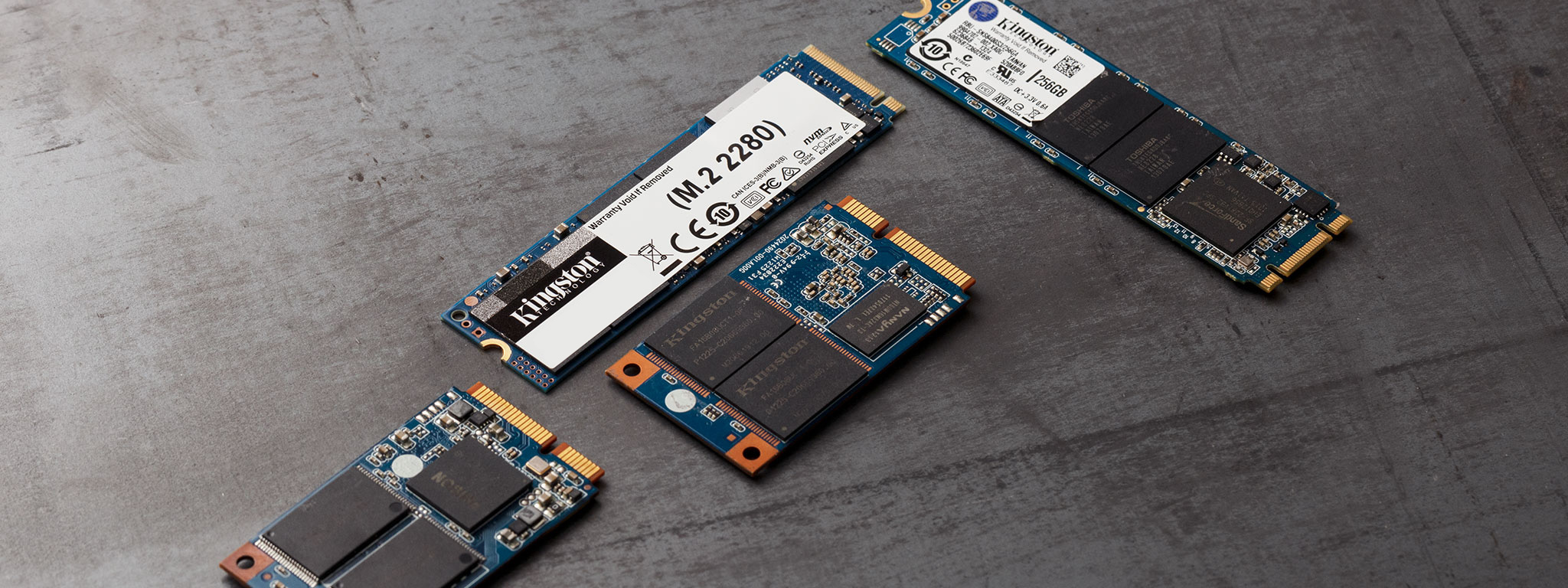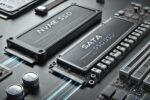In the modern computing era, performance and efficiency are crucial aspects for any PC user. One of the technological advances that has revolutionized computer performance is the use of solid state drives (SSD). In this blog, we’ll explore how SSDs are transforming PC performance, the advantages they have over traditional hard drives (HDDs), and how you can choose the best SSD for your system.
What is an SSD?
An SSD, or solid state drive, is a type of storage device that uses flash memory to persistently store data. Unlike traditional hard drives (HDDs) that use rotating magnetic disks to read and write data, SSDs have no moving parts. This allows SSDs to be significantly faster and more durable.
How an SSD works
SSDs work by using NAND flash memory chips, which allow data access and storage at high speeds. This technology reduces access and read/write times compared to HDDs, which rely on mechanical heads to find data on a spinning disk.
Types of SSD
There are different types of SSDs available on the market, including SATA, NVMe and M.2. Each has its own features and benefits, with NVMe and M.2 being the fastest due to their direct connection to the motherboard via PCIe interfaces.
Advantages of SSDs over HDDs

Speed
Speed is one of the most notable advantages of SSDs over HDDs. SSDs can offer much faster read and write speeds, resulting in shorter boot times, faster application loading, and a better overall user experience. While a typical HDD can deliver speeds of up to 150 MB/s, a SATA SSD can reach up to 550 MB/s, and an NVMe SSD can exceed 3500 MB/s.
Durability and Reliability
Because SSDs have no moving parts, they are less susceptible to physical damage caused by shock or vibration. This makes them more durable and reliable in the long term compared to HDDs, which can fail due to mechanical wear.
Energy Consumption
SSDs consume less power than HDDs, which can be especially beneficial for laptops and other mobile devices. Lower power consumption not only prolongs battery life, but also reduces the heat generated, improving the thermal efficiency of the system.
Operational Silence
With no moving parts, SSDs operate completely silently. This is in contrast to HDDs, which can produce noise due to the rotation of the disks and the movement of the read/write heads.
Less Heat Generated
The lower power consumption of SSDs also means they generate less heat. This is beneficial for the longevity of the rest of the PC’s components, which can degrade more quickly with excessive heat.
How to Choose the Best SSD for your PC
Storage Capacity
The first factor to consider when choosing an SSD is the storage capacity you need. The most common capacities range from 250 GB to 2 TB. Evaluate your current and future storage needs to determine appropriate capacity.
Interface and Form Factor
SSDs come in various form factors and interfaces. The most common are SATA and NVMe (often in M.2 form factor). SATA SSDs are cheaper and suitable for most users, while NVMe SSDs are faster and are ideal for users who need maximum performance.
Reading and Writing Speeds
Compare read and write speeds between different SSD models. While any SSD will be an improvement over an HDD, NVMe SSDs generally offer the best speeds. Make sure the speed of the SSD you choose is sufficient for your specific needs, especially if you work with data-intensive applications like video editing or gaming.
Writing Cycles
SSDs have a limited lifespan based on write cycles, which means how many times data can be written and erased to the drive before it begins to fail. Look for SSDs with high durability and a good manufacturer’s warranty to ensure a long lifespan.
Brand and Guarantee
Opt for recognized brands and review the guarantees offered. SSDs from trusted manufacturers tend to be more reliable and come with better warranty policies, which can provide additional peace of mind.
Conclusion
The impact of SSDs on PC performance is undeniable. With significant advantages in speed, durability, power consumption, and noise, upgrading to an SSD is one of the best upgrades you can make to your system. When choosing an SSD, consider factors such as storage capacity, interface, read and write speeds, write cycles, and manufacturer reputation.
If you’re ready to improve your PC’s performance with an SSD, take a look at the options available at Ibertrónica SSD Storage to find the perfect unit for your needs.
Upgrade your system today and experience the difference an SSD can make in your digital life.







